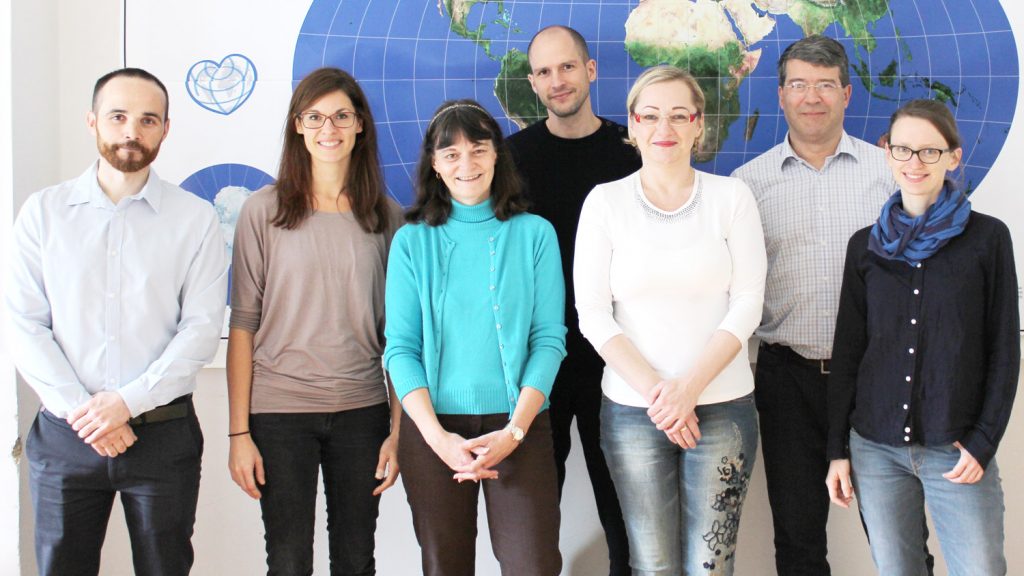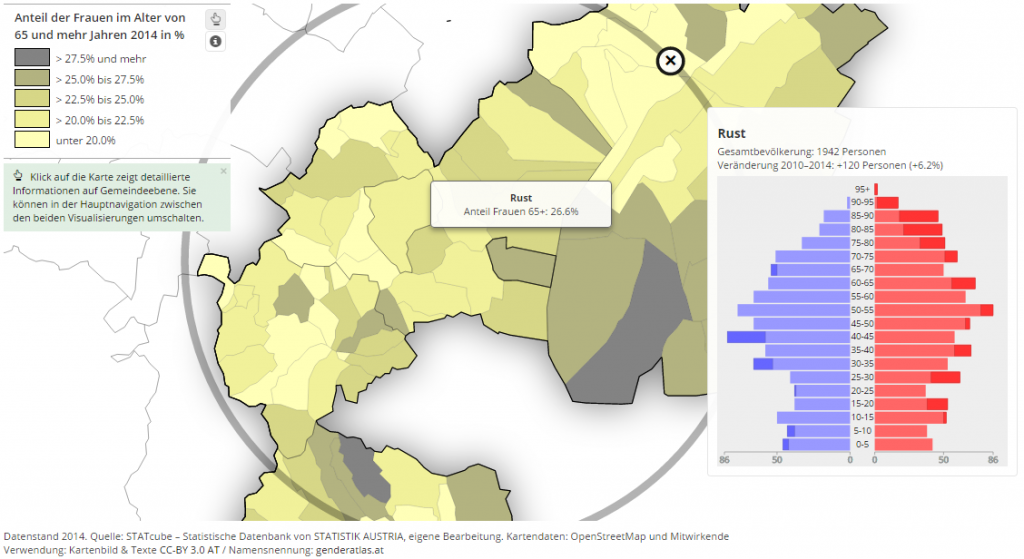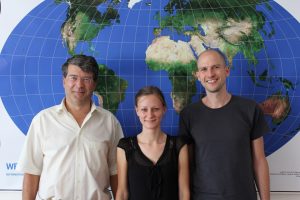Thank you for participating in LBS 2016, the 13th Conference on Location-Based Services!
From 14 to 16 November 2016, the conference was once again organized by the ICA Commission on Location-Based Services and the Research Group Cartography, taking place at TU Vienna. After its initiation at TU Vienna in 2002, the conference travelled around the world – with venues in Austria, China, Germany, and United Kingdom.
This year we were again priviledged to host more than 120 participants from 23 countries, contributing to the conference with high quality presentations and inspiring discussions. Thank you for making the conference such a memorable event again!
Photos of the event can be found at Google Photos.
A review of the event by the Viennese company indoo.rs can be found here: slaminfo.indoo.rs/lbs-vienna-2016-review
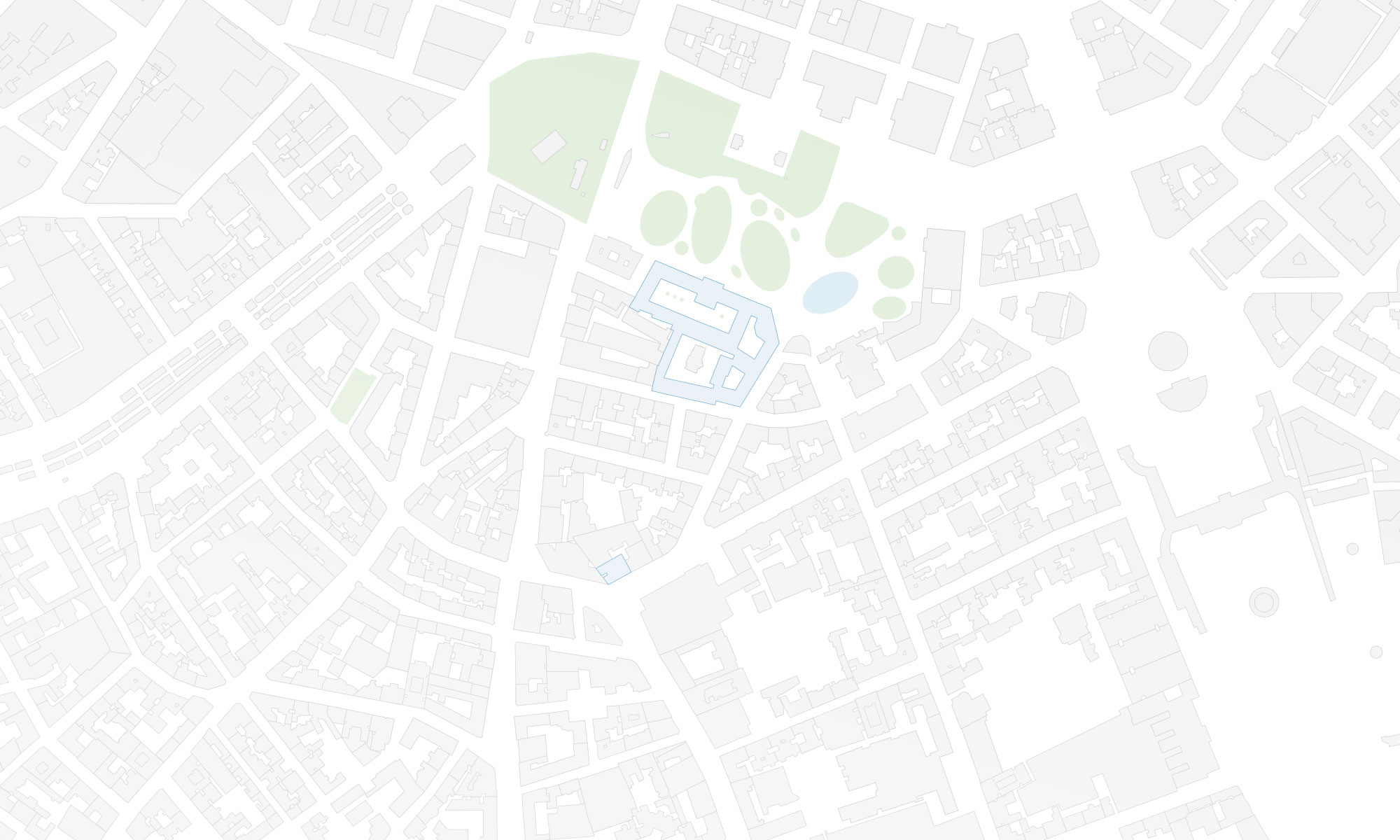

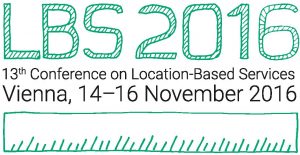
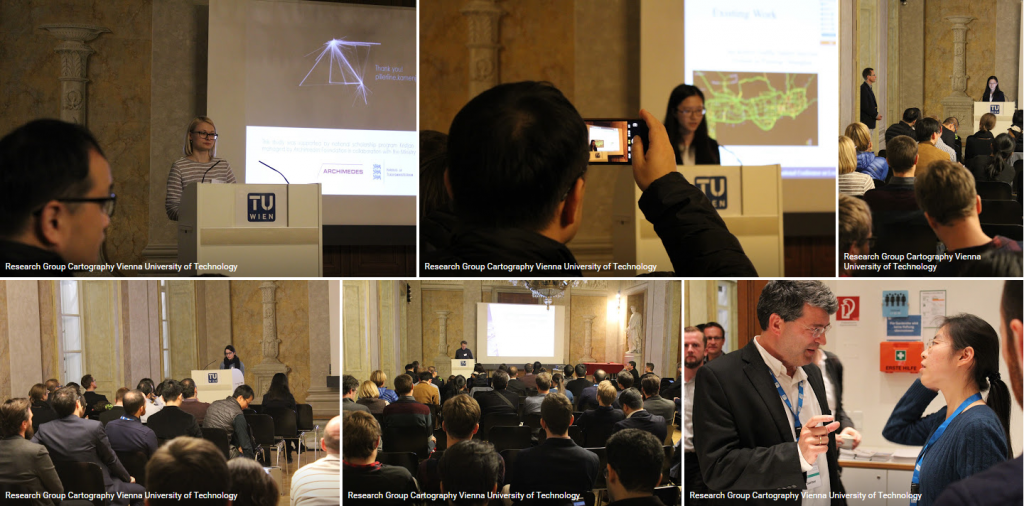
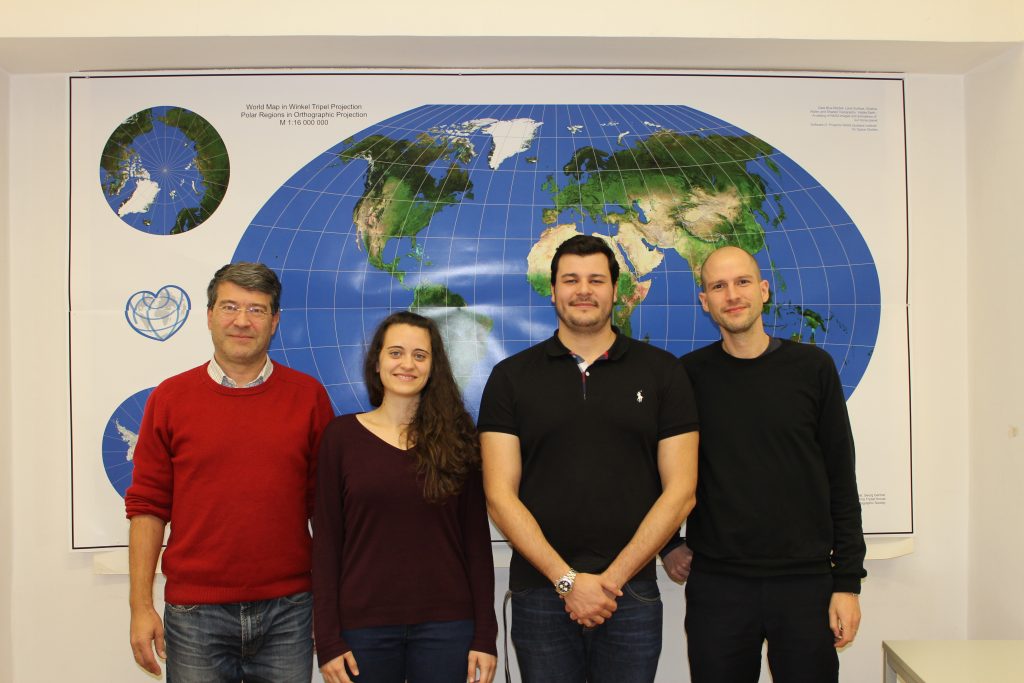
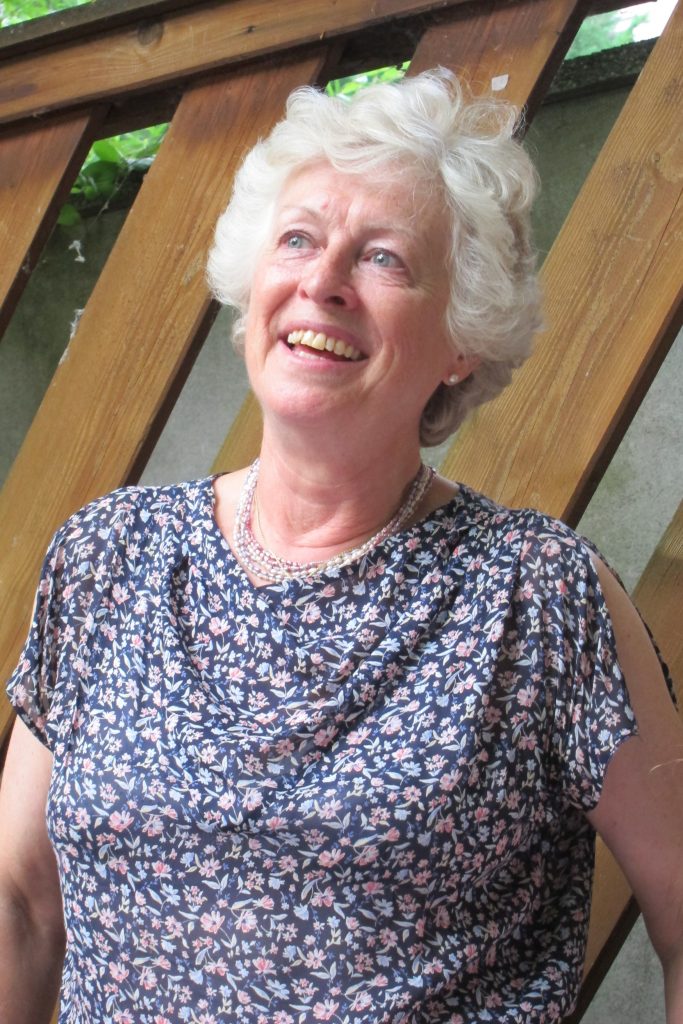 Mit großer Bestürzung haben wir vom Ableben unser langjährigen Kollegin
Mit großer Bestürzung haben wir vom Ableben unser langjährigen Kollegin 